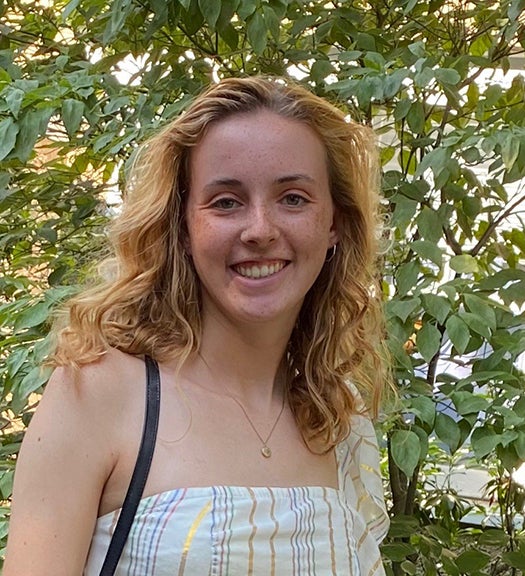KINGSTON, R.I. – December 9, 2020 – University of Rhode Island freshman Tina Munter became interested in sustainable agriculture after watching the Netflix series Rotten, which exposed fraud and corruption in the global food system.
“Thinking and learning about how there is so much that I don’t know about the food I eat really opened my eyes and made me realize that I want to know who grows my food and where it goes before it gets to me,” said Munter, a native of Madison, New Jersey, who is especially interested in food justice and the challenges some people have accessing healthy food. “The concept and history of food deserts is a topic that I’m interested in and hope to learn more about during my time at URI.”
Munter is one of the first five URI students to receive scholarships through the University’s new Multicultural Scholars Program for those interested in sustainable agriculture and food systems. The program, funded by the U.S. Department of Agriculture’s National Institute for Food and Agriculture, provides the students with $6,500 for tuition for each of four years, plus summer research opportunities, attendance at academic conferences, and other support.
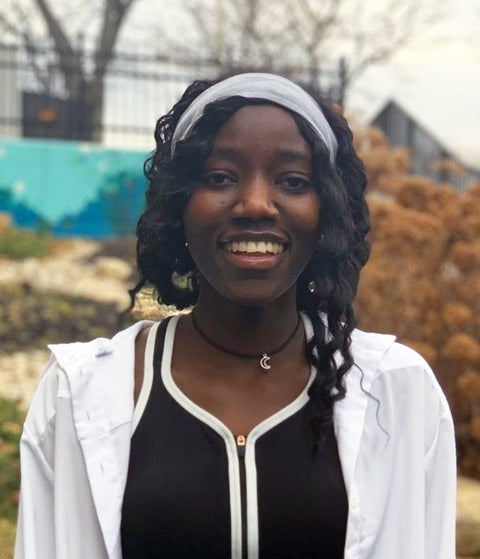
“We have a one-hour seminar every week to touch base,” said John Taylor, URI assistant professor of agroecology, who coordinates the program. “Students are learning about emerging issues in agriculture; we talk about the impact of the pandemic on the food system; we have guest speakers talk about systemic racism in the food system; and we renew their connection to agriculture.”
Taylor hopes the success of the program can be leveraged to secure additional funding to attract more students from under-represented groups to study sustainable agriculture and related topics at URI.
Munter is working toward a career in food or environmental justice to educate the public about who grows their food, where it is grown, and how.
“I think that not knowing where your food comes from is one of the last barriers to starting to restore the knowledge and power to consumers to decide what they wa
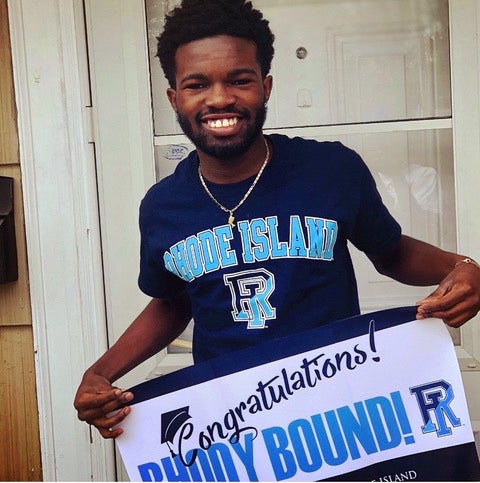
nt to eat and who they want to buy it from,” she said.
Growing up in West Africa, Multicultural Scholar Abbie Jammeh was taught about gardening and agriculture in elementary school, and she was even given a small plot of land in which to grow vegetables and lessons in using various gardening tools. It inspired the Pawtucket, Rhode Island, resident to minor in sustainable agriculture at URI.
“I see agriculture as a passion,” said Jammeh, who wants to become a pediatrician or a botanist. “You cannot learn the true meaning of it if you’re not passionate enough about it. I used to have my own pear tree in Africa, and it was my favorite tree, and tilling it was the best part.”
Brockton, Massachusetts, resident Daryl Mensah applied to the
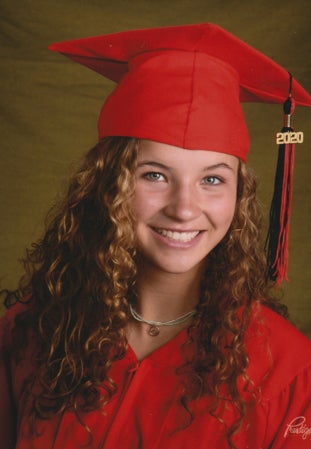
Multicultural Scholars Program because of his interests in food safety, lack of access to healthy food, and poor working conditions for many farm workers. He also has family in Ghana who grow their own food and have inspired him.
“I have always had a passion for being a part of something bigger than myself,” he said. “I am very passionate about making a difference in our society, especially considering the issues we have plaguing our environment today, like pollution and unsustainable agricultural practices.”
Malinda Fry of Exeter, Rhode Island is an engineering major who believes that a minor in sustainable agriculture will help her achieve her goal of creating a more sustainable world.
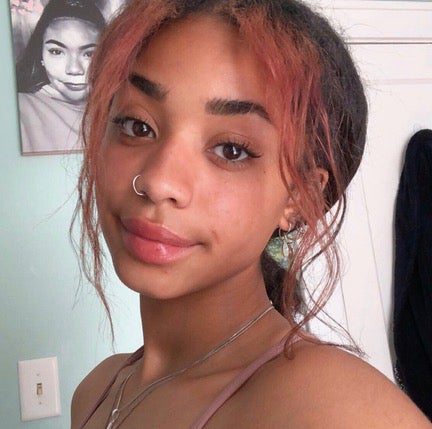
“I don’t have any prior experience with agriculture, but I know it’s a great fit for me and I’m ready to learn,” she said. “I’m not exactly sure where it will lead me, but I want to make this world last for future generations.”
Scotia, New York, native Leilah Enoch is majoring in sustainable agriculture and environmental science so she can “have a broader outlook on how I can help improve the environment around me,” she said. “In the future I hope to pursue a career that works to keep the environment clean and healthy.”

